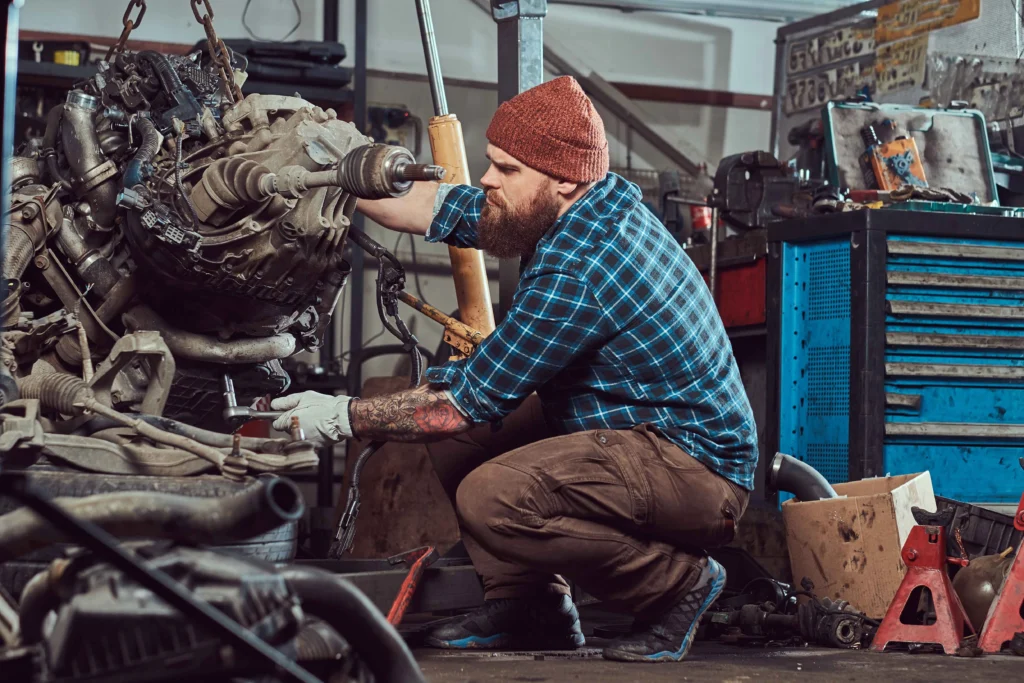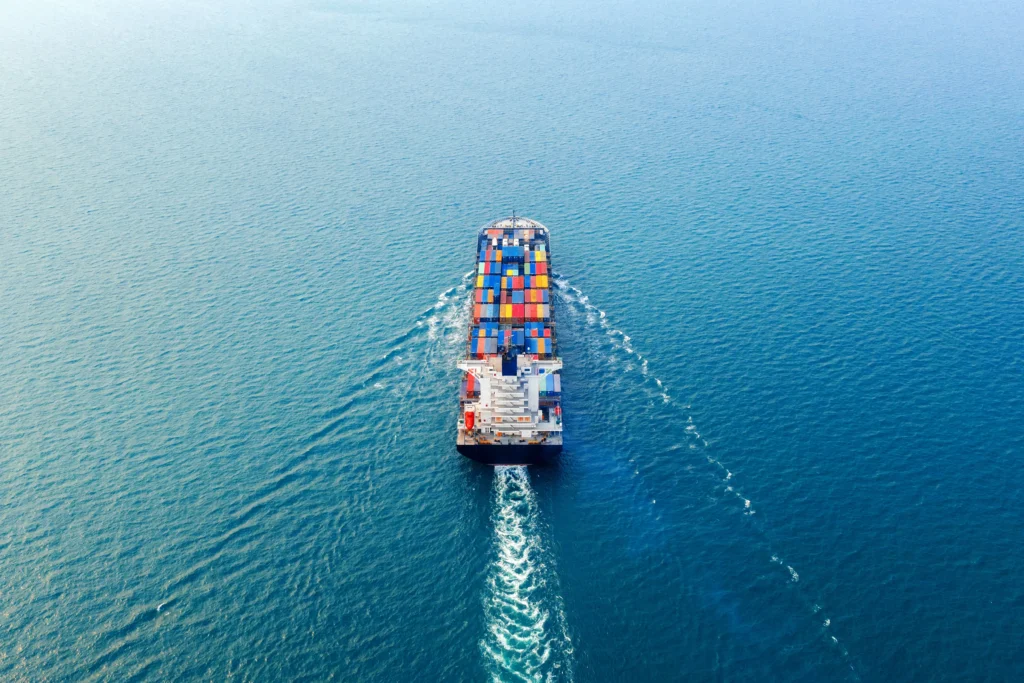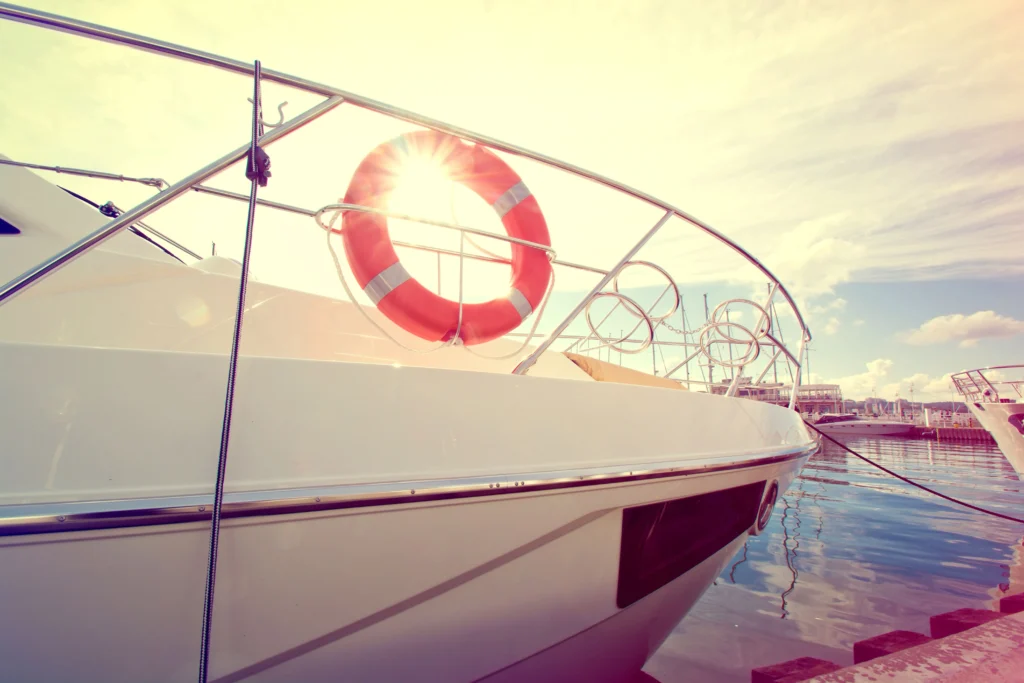Boating Directory Articles
Popular Categories on Boating Directory
Marine Engineers
**Duties and Responsibilities of Marine Engineers**

Marine engineers are professionals responsible for designing, building, maintaining, and repairing the machinery and systems used on ships, boats, and offshore platforms. Their role is crucial in ensuring the safety, efficiency, and operational integrity of a vessel’s mechanical, electrical, and hydraulic systems. They work both onboard vessels and in shipyards or engineering offices, providing technical expertise in the maritime industry.
Marine engineers are vital to the smooth operation of maritime vessels, whether it’s a cargo ship, a luxury yacht, or an oil rig, and they play a key role in both the design and maintenance phases of a ship’s lifecycle.
**Key Duties and Responsibilities**
1. **Design and Development of Vessel Systems**
– Marine engineers are involved in the **design phase** of vessels, where they develop blueprints and specifications for the ship’s mechanical and electrical systems. This includes propulsion systems, engines, steering mechanisms, electrical power generation, heating and cooling systems, and waste management.
– They collaborate with **naval architects** and shipbuilders to ensure that these systems integrate seamlessly with the vessel’s design while meeting regulatory standards for safety, environmental impact, and performance.
2. **Installation and Commissioning**
– Once a ship is built, marine engineers oversee the **installation and commissioning** of engines, electrical systems, and other mechanical equipment. They test each component to ensure that it operates correctly and efficiently, adjusting and calibrating systems as necessary to meet performance and safety standards.
– **Commissioning engineers** often perform sea trials, where the ship is taken on a test run to assess the performance of its systems under real operating conditions.
3. **Maintenance and Repair**
– Marine engineers are responsible for the **maintenance** of a vessel’s mechanical and electrical systems throughout its operational life. This includes routine inspections, preventive maintenance, and troubleshooting issues with equipment such as the engines, generators, pumps, and navigation systems.
– They also coordinate and carry out **repairs** when machinery breaks down or underperforms. This may involve working with onboard crews or hiring contractors at port for more complex repairs.
– Marine engineers often develop and implement **maintenance schedules** to ensure that systems remain in top working condition and to prevent breakdowns or failures while at sea.
4. **Operation and Monitoring**
– While onboard, marine engineers monitor and manage the operation of key systems such as the main engines, auxiliary generators, and the propulsion system. They ensure that all systems are operating efficiently and safely by analyzing **real-time data** and making necessary adjustments.
– Marine engineers are often tasked with **fuel management**, ensuring that fuel consumption is optimized to extend the vessel’s range and minimize costs. They may also oversee **lubrication systems**, ensuring that all moving parts are properly lubricated to prevent wear and tear.
5. **Troubleshooting and Diagnostics**
– Marine engineers use their technical expertise to **diagnose issues** with machinery and systems. This can involve the use of specialized diagnostic tools and software to identify problems within engines, pumps, or electronic systems.
– When issues arise, marine engineers must **troubleshoot** quickly, particularly when a vessel is at sea. Their ability to repair and restore systems efficiently can be critical to the safety and operation of the ship.
6. **Compliance with Regulations**
– Marine engineers must ensure that all vessel systems comply with **national and international regulations**, such as those set by the **International Maritime Organization (IMO)**, **Classification Societies**, and local maritime authorities.
– They are responsible for ensuring that the vessel meets **environmental standards**, particularly regarding emissions, waste management, and ballast water treatment. This includes ensuring that systems are operating within the guidelines for fuel efficiency, pollution control, and noise levels.
7. **Environmental Management and Sustainability**
– In recent years, marine engineers have taken on greater responsibility for **environmental sustainability** in ship design and operation. This includes designing energy-efficient systems, reducing emissions, and implementing **green technologies** such as exhaust gas cleaning systems (scrubbers), ballast water treatment systems, and fuel-saving devices.
– They also manage the ship’s **waste disposal** systems, ensuring that waste is processed and discharged in a manner that complies with environmental regulations.
8. **Safety and Risk Management**
– Marine engineers are responsible for ensuring that the vessel’s systems adhere to **safety protocols** to protect both the crew and the environment. This includes maintaining **fire suppression systems**, ensuring that fuel and hydraulic systems are properly secured, and checking for potential hazards such as leaks or electrical faults.
– They also participate in **risk assessments** and **safety drills**, preparing the crew for emergencies such as engine failures, fires, or power outages.
9. **Project Management**
– Marine engineers often serve as **project managers** during the construction, refit, or repair of vessels. They coordinate with shipbuilders, contractors, and suppliers to ensure that projects stay on schedule, within budget, and meet the necessary technical specifications.
– They may also oversee the procurement of parts and materials, working with vendors to ensure that all components are delivered on time and meet quality standards.
10. **Crew Training and Supervision**
– Marine engineers often **train and supervise** the onboard engineering crew, ensuring that they understand how to operate and maintain the vessel’s systems. This includes providing instruction on **emergency procedures**, routine maintenance tasks, and troubleshooting.-
Senior marine engineers may also mentor junior engineers, helping them develop the necessary skills and knowledge to progress in their careers.
**Types of Marine Engineers**
1. **Design Engineers**: These engineers focus on the design and development of the vessel’s mechanical and electrical systems, ensuring that they meet performance, safety, and regulatory requirements.
2. **Shipboard Marine Engineers**: These professionals work onboard vessels, responsible for operating and maintaining the ship’s machinery while at sea. They manage systems such as engines, power generators, and fuel systems.
3. **Service Engineers**: Service engineers specialize in troubleshooting and repairing marine equipment. They often travel to shipyards or ports to perform maintenance or repairs on vessels.
4. **Survey Engineers**: Marine engineers who specialize in surveying ensure that ships comply with safety, operational, and environmental regulations. They may work for classification societies or regulatory agencies.
**Skills and Qualifications of Marine Engineers**
– **Marine Engineering Degree**: Most marine engineers hold a degree in marine engineering, naval architecture, or a related field.
– **Problem-Solving Skills**: Marine engineers must be adept at diagnosing and solving mechanical and electrical issues, especially in high-pressure environments like open sea operations.
– **Regulatory Knowledge**: Understanding maritime laws and regulations is critical to ensuring that vessel systems comply with international standards.
– **Technical Proficiency**: Proficiency with marine engineering tools and software, as well as hands-on mechanical skills, are essential for diagnosing and repairing complex systems.
– **Attention to Detail**: Marine engineers must be meticulous in inspections and maintenance tasks to avoid safety risks or operational failures.
**Conclusion**
Marine engineers are essential to the safe and efficient operation of vessels, from small boats to large ocean-going ships. Their work encompasses designing, maintaining, and troubleshooting a wide range of systems, including engines, electrical systems, and propulsion machinery. Whether working on the design of a new ship or maintaining systems on an active vessel, marine engineers ensure that maritime operations run smoothly and safely, while also adapting to the industry’s growing focus on sustainability and environmental responsibility.
Sponsored Business
Related Articles
Inboard Engine Service and repairs
Boating Directory Articles Popular Categories on Boating Directory Marine Clothing...
Read MoreBoat transport shipping
Boating Directory Articles Popular Categories on Boating Directory Marine Clothing...
Read MoreJet Ski Sales, Service and repairs
Boating Directory Articles Popular Categories on Boating Directory Marine Clothing...
Read MoreNaval Architects
Boating Directory Articles Popular Categories on Boating Directory Marine Clothing...
Read More


